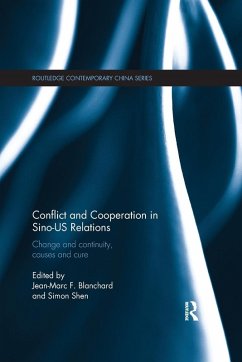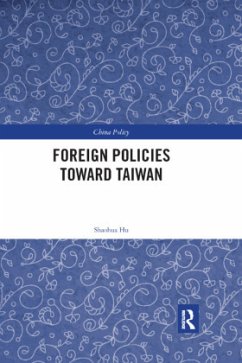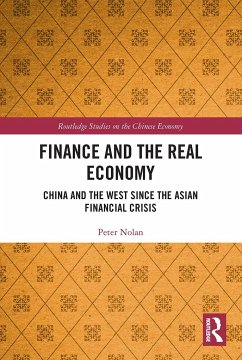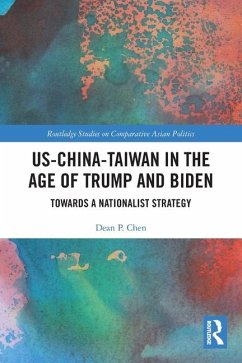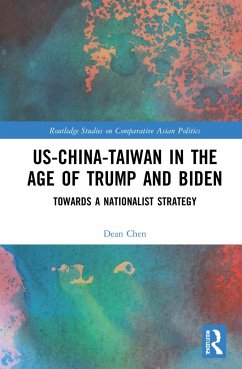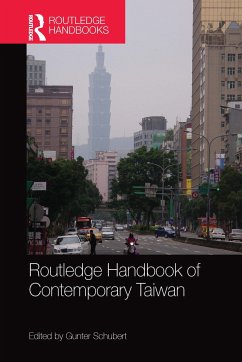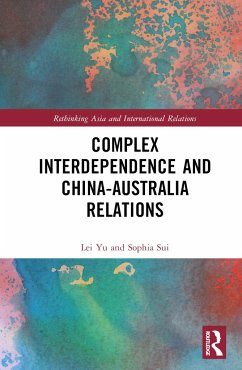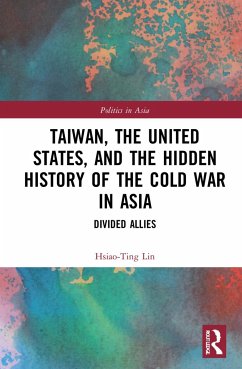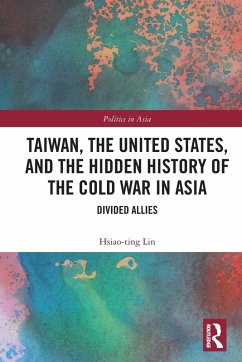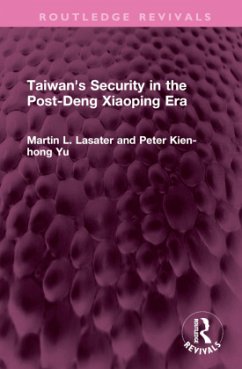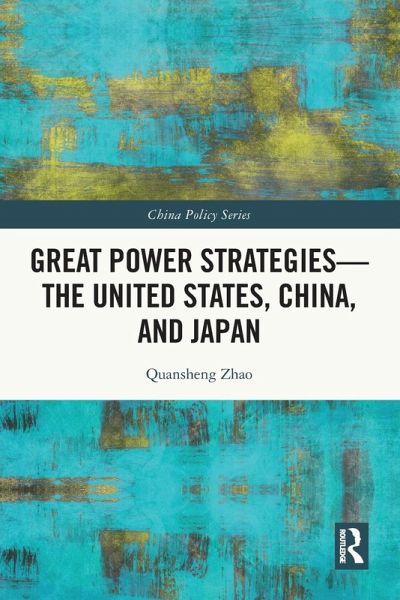
Great Power Strategies - The United States, China and Japan
Versandkostenfrei!
Versandfertig in 6-10 Tagen
45,99 €
inkl. MwSt.
Weitere Ausgaben:

PAYBACK Punkte
23 °P sammeln!
This book provides a comparative study of the strategies of great powers in the Asia-Pacific, namely, the United States, China and Japan, known as the Pacific Three. It examines the evolution of each power's strategic thinking and analyzes the three powers' respective foreign policies and internal debates in the policymaking process. It analyzes the three countries' conflict and cooperation from past to the present. It stresses the importance of the interactions between internal and external factors in the policymaking process, and emphasizes the great significance of these interactions for in...
This book provides a comparative study of the strategies of great powers in the Asia-Pacific, namely, the United States, China and Japan, known as the Pacific Three. It examines the evolution of each power's strategic thinking and analyzes the three powers' respective foreign policies and internal debates in the policymaking process. It analyzes the three countries' conflict and cooperation from past to the present. It stresses the importance of the interactions between internal and external factors in the policymaking process, and emphasizes the great significance of these interactions for international relations theory. For example, it highlights the role of strategic advisers in think tanks and government agencies in the United States, Japan's informal and balanced policymaking process, and the impact of traditional culture in China, especially Confucianism, and the part played by Chinese think tanks.




